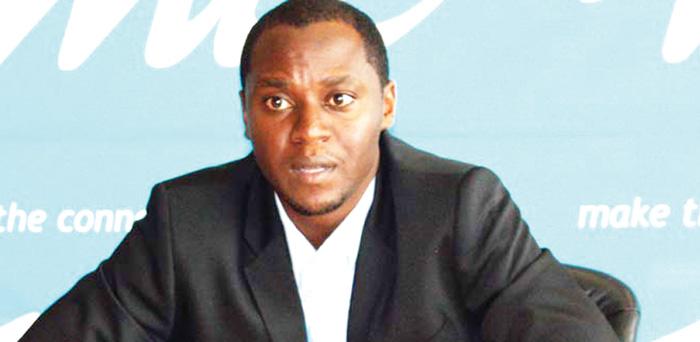
Ever heard of an affordability calculator? Try this one to escape Januworry blues

Halfway through February most people are looking forward to the end of the shorter month for a welcome relief in the form of a pay cheque, especially after the excruciating six weeks between the December bonus and the end of Januworry.
“The new year is officially in full swing, especially as we bade farewell to the longest and most dreaded month of all, January! Yet, it is clear that as financially savvy as consumers want to be, they find it difficult to remain disciplined in this regard. Very often online budgeting tools are complicated to understand so you download them but never really put them to effective use,” said Ghana Msibi, WesBank’s Executive Head of Sales and Marketing
“We all strive to live a comfortable life; however, all of this is governed by our knowledge of how to best balance what we earn, what we spend and what we have left at our disposal,” she elaborated.
WesBank’s Affordability Calculator recommends the following tips to assist consumers to maintain a financially healthy lifestyle throughout the year and their lives:
Start saving early
Often consumers think they can, or should, only start saving once they earn a considerably high salary. Sure, it’s easier to save when you have more disposable income but saving, very importantly, starts in small amounts. It is important to remember that a little goes a long way. As long as you are putting something away right now, this is one important financial discipline that should not be put off indefinitely. Saving is a lifelong decision which impacts how early you can retire; as well as having a go-to in case of a financially demanding emergency.
Talking freely and openly about money
Build a culture and norm, particularly within your family of talking freely and openly about money. This will drive the teachings – especially with children from a young age, to better understand the difference between income, expenses and disposable income. It will also offer great support in understanding what is a need and a want – which can help save people from splurging unnecessarily.
Plan for your big purchases
The money that you’re spending on unnecessary items now, such as entertainment or clothing, is money that your future self could be using for something that will make a real difference to your life – such as a deposit for a house, your children’s school fees or even living comfortably in retirement.
“Living from pay cheque to pay cheque can be stressful, even more so if consumers do not make wise financial decisions. It is important to understand how failure to plan effectively early in life can have a negative impact on how you value money as well as your ability to be successful in life,” said Msibi.












































